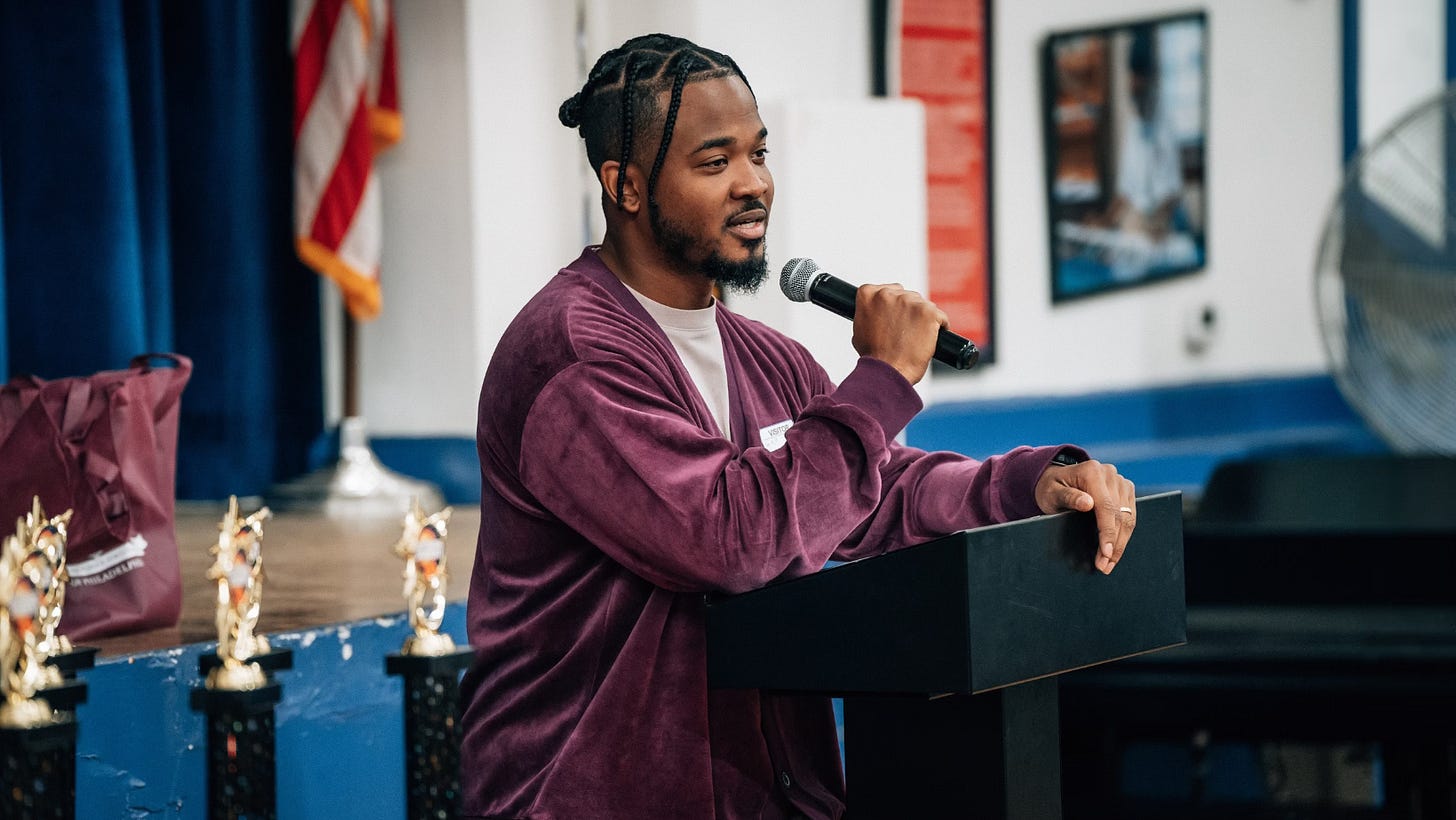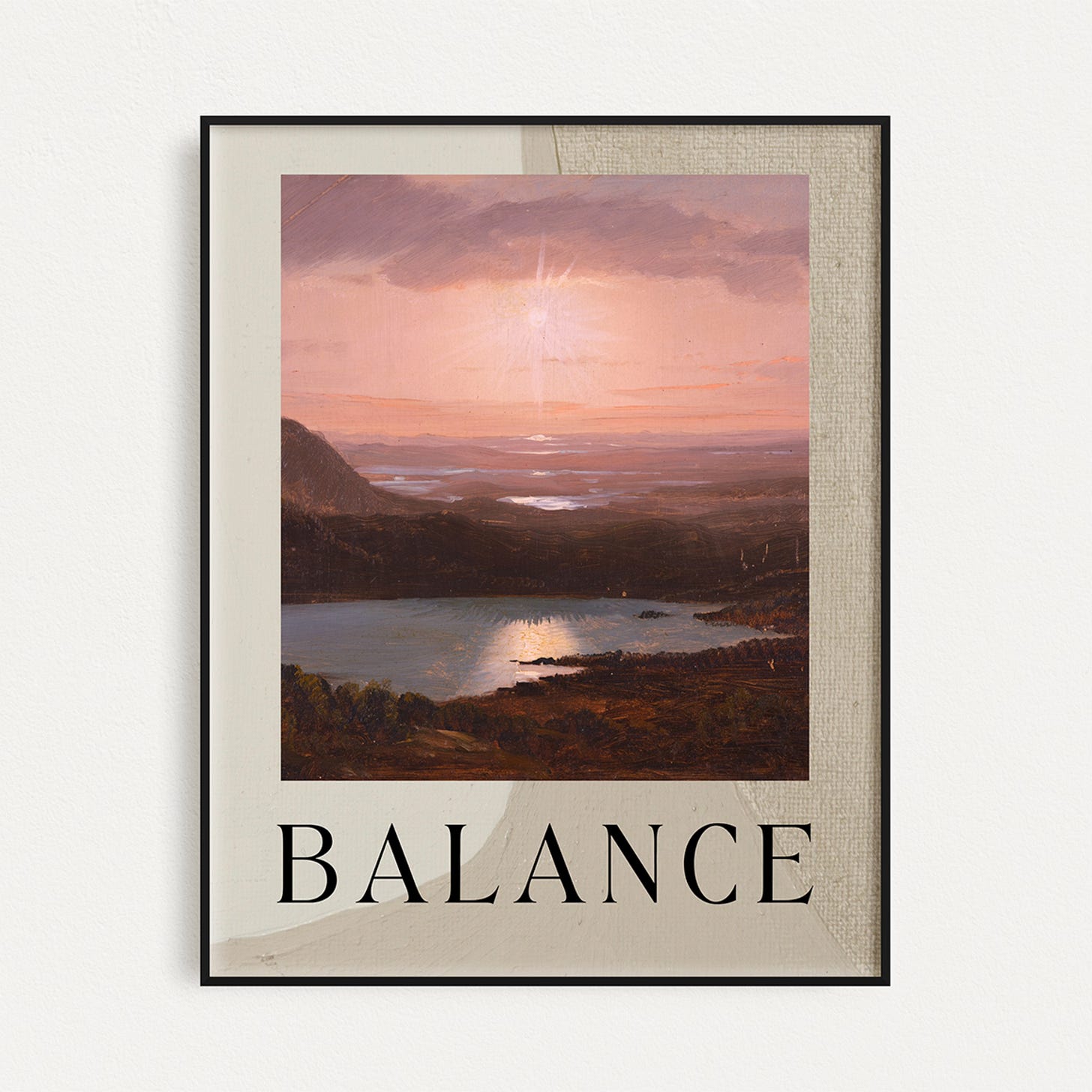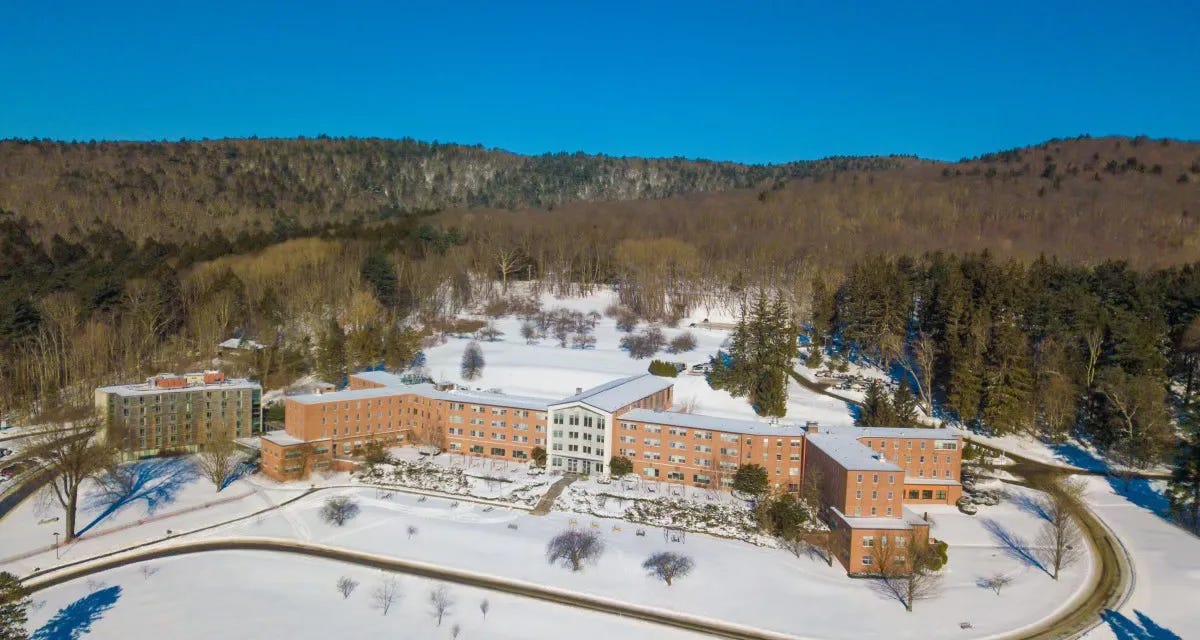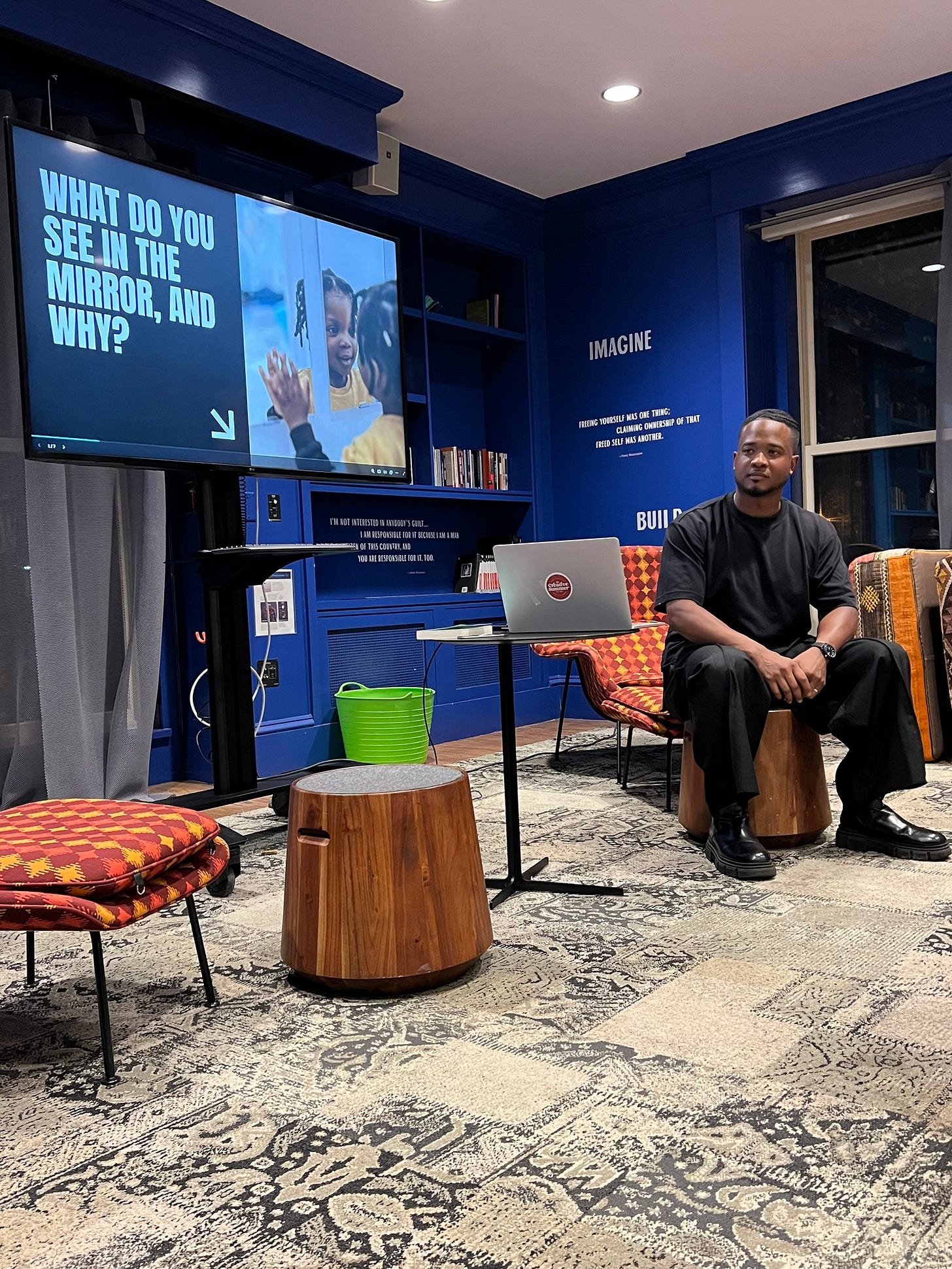The hidden cost of growing up
It doesn't have to be this way...
When did happiness start to feel more like a luxury good and less like an attainable feeling?
Probably when we learned that adulthood was more about compliance and conformity, and less about seeking a deeper understanding of self.
Or maybe it was when we spent twelve years in grade school learning to fit into a one-size-fits-all system, regurgitate information, and yield our autonomy to authority figures as a means of staying out of trouble.
Or maybe it was when we realized that the concept of an eight hour work day didn’t account for the accompanying 90-minute commute and 30-minute post-work decompression period.
This is the hidden cost of adulthood—as we transitioned from childhood to adulthood, society taught us to trade happiness for duty and responsibility. The lives that we live are busy, by design—it’s easier to move through life on autopilot than to think about how much we’ve sacrificed.
I don’t believe that we should, or can always be happy, but I do believe that happiness is important. A persistent lack of happiness negatively impacts your mental and physical health. It hinders your quality of life and well-being. Feelings aren’t just feelings, they impact our holistic lived experience.
American psychologist Ed Diener, who spent three decades pioneering happiness research, said it best: “happiness is important because it fosters both individual and societal well-being. People who are happy tend to be more successful, more generous, and more resilient in the face of challenges.”
And still, many of us experience happiness as a rare, fleeting emotion.
We deserve better.
This world won’t give us better, but I believe that we can co-create better for ourselves and for each other. I believe that we can create lives that are rooted in joy without overlooking the grief, sadness, and anger that we will also experience. I believe that we can be responsible adults and make space for more of the happiness that we deserve.
How? Let’s start with these five steps.
Acknowledge that you *deserve to be happy.
This is a simple, necessary, and possibly difficult step—but it's where we must begin. Many of us have internalized the belief that prioritizing our happiness is selfish or unrealistic. Continue to challenge this belief when you notice it resurfacing.
Be radically honest with yourself about the people, places, things, and situations that do—and do not—make you happy.
Take inventory of your life without judgment or rationalization. Notice which activities energize you and which drain you. Pay attention to how different relationships and environments affect your emotional state. This awareness is the foundation for making intentional choices that support your well-being.
Build a journaling practice rooted in gratitude and self-expression.
Writing helps us process emotions and identify patterns in our lives. Spend five minutes each day documenting moments of joy, however small they may seem. Use your journal as a safe space to explore your feelings and dreams without censorship.
Create boundaries that protect your joy.
Learn to say "no" to commitments that don't serve your well-being. Set clear limits with work, technology, and relationships that drain your energy. Remember that boundaries aren't selfish—they're necessary tools for maintaining emotional health and creating space for what matters most.
Intentionally schedule time for activities that bring you joy.
Don't wait for happiness to happen spontaneously. Block out time in your calendar for things that light you up, whether that's creative projects, time in nature, or connecting with loved ones. Treat these appointments with the same importance as work meetings or other obligations. Make joy a non-negotiable part of your routine rather than an afterthought.
Remember: creating a happier life isn't about dramatic transformations—it's about making small, consistent choices that prioritize your well-being. Start where you are, with what you have, and build from there.
Support The Writer
I’m Michell—I’m a 35-year-old father, husband, and writer.
I’m not the best at this whole capitalism thing, so my writing will be free for the foreseeable future. If you have the means to support the time that goes into writing these newsletters, I would deeply appreciate it..
You can purchase my book, Eyes On The Road, here.
You can purchase my art, some of which is displayed below, here.
Come gather, commune, and write (!) with me in real life at my “Pause and Reconnect” retreat, from February 7th - 9th!
It’s at the prestigious Kripalu Center in Stockbridge, Massachusetts.
I’m co-hosting alongside my friend and fellow wellness practitioner Pilin Anice, who is a lead member of Kripalu’s faculty.
Through the rich and healing practices of restorative yoga, pranayama, writing, dance, live drumming, and more, you will:
Connect to joy and freedom through movement.
Tap into creative power and truth through self- expression.
Create personal affirmation and intentions.
Release limiting beliefs and realize the magnificence of your true potential.
Explore your authentic self and embrace your wholeness through the power of connection and community. Return home feeling the positive effects of integration and personal transformation.
Bring your journals, comfy clothes, and favorite pens.
I’m available for events in Q2, Q3, and Q4 of 2025!
I write—but I also deliver keynotes, moderate panels, lead workshops, and perform poetry. I get fits off, too—free of charge. I’d love to learn more about how I can share my perspective, experience, and tools with your organization, community, or audience. Please reach out to partnerships [at] thecreativesummer [dot] com.
(Some of) my 2024 Events:
Poetry Performance at Nike Black Voices Community Dinner (watch)
Affirmations Panel at REC Philly Voter Activation Event
Keynote Speech at Nate Evans’s “Get To Worthy” Summit
Fireside Chat and Affirmation Workshop at Princeton University
Watch a snippet of my speech at Nate’s summit below.









protect. your. joy.